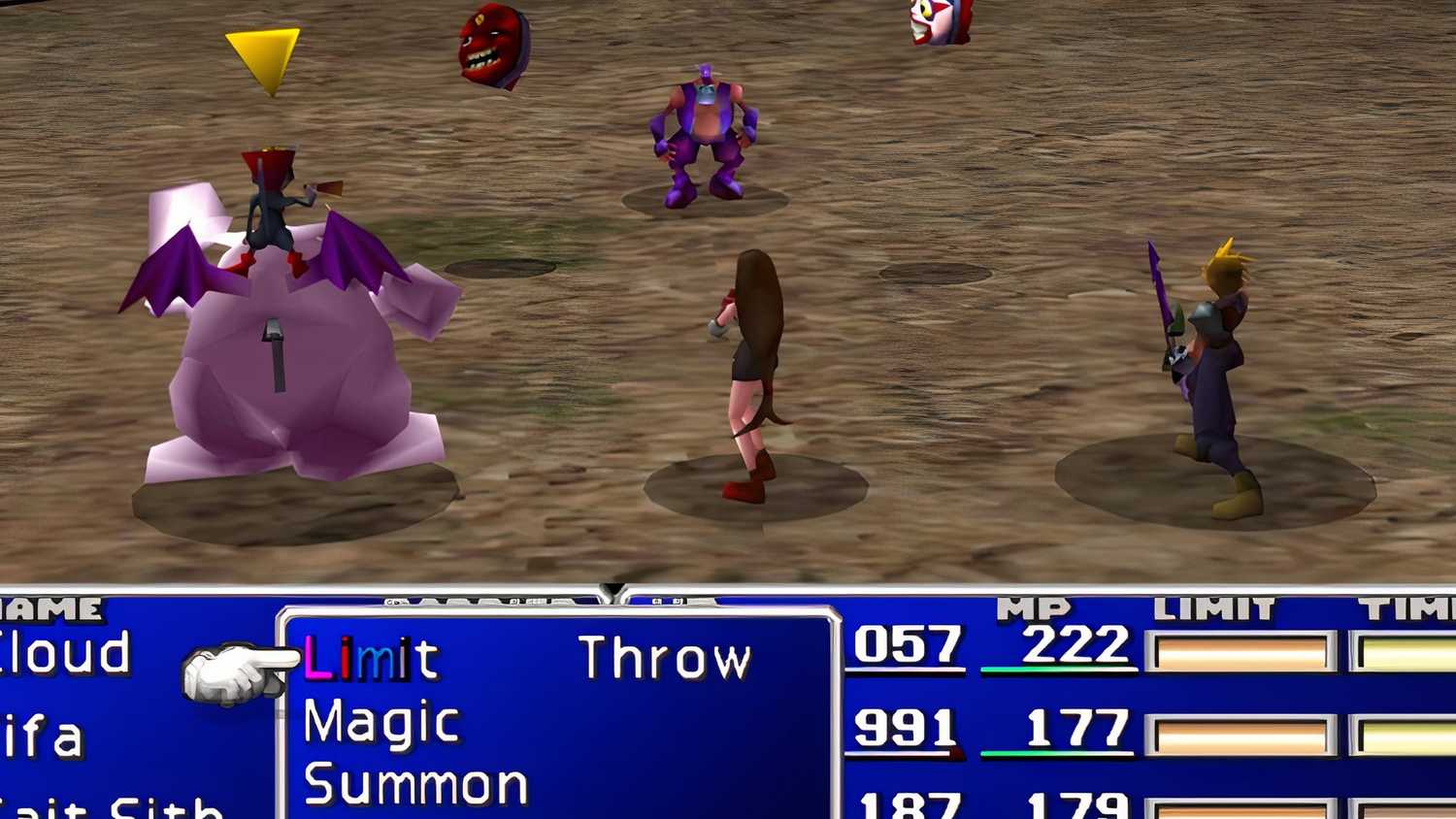A Question of Ethics: The Psychology Behind Cheating in Video Games
Popular Now
 Black Myth: Wukong
Black Myth: Wukong
 Gacha Club
Gacha Club
 Toca Boca World
Toca Boca World
 League of Legends
League of Legends
 Warframe
Warframe
 Fortnite
Fortnite
 Rust
Rust
 BeamNG.drive
BeamNG.drive
 Geometry Dash
Geometry Dash
 Schedule I
Schedule I
 In the high-stakes, competitive world of online gaming, few things are more frustrating than encountering a cheater. Whether it’s a player with an aimbot who never misses a shot, a “wall hacker” who can see you through obstacles, or a “lag switcher” who manipulates the network to gain an unfair advantage, the presence of cheaters can ruin the experience for everyone else. While many players see cheating as a moral failing, the reasons behind it are far more complex and rooted in a number of psychological, social, and even personal factors. This article will delve into the psychology of why players cheat in games, from the desire for victory to a need for control, and explore the different types of cheaters that exist in the gaming world. This is a critical piece of gaming news for anyone who wants to understand this complex phenomenon and its impact on the gaming community.
In the high-stakes, competitive world of online gaming, few things are more frustrating than encountering a cheater. Whether it’s a player with an aimbot who never misses a shot, a “wall hacker” who can see you through obstacles, or a “lag switcher” who manipulates the network to gain an unfair advantage, the presence of cheaters can ruin the experience for everyone else. While many players see cheating as a moral failing, the reasons behind it are far more complex and rooted in a number of psychological, social, and even personal factors. This article will delve into the psychology of why players cheat in games, from the desire for victory to a need for control, and explore the different types of cheaters that exist in the gaming world. This is a critical piece of gaming news for anyone who wants to understand this complex phenomenon and its impact on the gaming community.
The Different Faces of Cheating
Academic research and community discussions have identified a number of different motivations for why people cheat in both single-player and multiplayer games. The reasons often fall into distinct categories, each with its own underlying psychological drivers.
 1. The Need to Win at All Costs
1. The Need to Win at All Costs
For many players, the primary motivation for cheating is a simple, overwhelming desire to win. In a competitive environment, winning is everything, and some players are willing to do whatever it takes to get to the top. This can be driven by a number of factors, including a need for validation, a desire to feel superior to others, or even a sense of entitlement. In many online games, a player’s social status is directly tied to their skill level and their rank, and for some, the pressure to maintain that status can be immense. These players are often driven by a sense of ego, and they use cheats to “prove” that they are better than their opponents. They don’t care about the integrity of the game; they only care about the end result.
This motivation is particularly prevalent in highly competitive games with ranked ladders, where the rewards for a high rank can include exclusive cosmetics, in-game currency, and, most importantly, bragging rights. The psychological reward of winning, even when it’s not earned, is a powerful motivator, and for some, it is enough to justify their actions. This is also a major factor in the rise of “boosting,” where players pay for another player to cheat on their account to get a higher rank.
2. The Feeling of Being “Stuck” or Frustrated
Sometimes, cheating is not about winning; it’s about progression. In games with a steep learning curve or a tedious grind, players may turn to cheats to bypass the difficult or repetitive parts of the game. This is particularly common in single-player games, where a player might get “stuck” on a difficult boss or a challenging puzzle and use a cheat to simply continue their progress. This motivation is often driven by a desire to alleviate frustration and get to the more enjoyable parts of the game, such as the story or the end-game content. While this is seen as less harmful than cheating in a multiplayer game, it still raises questions about the player’s commitment to the game’s design and their willingness to engage with the challenges that the developers have created. However, some researchers have argued that this form of cheating can actually be beneficial, as it can help players avoid frustration and improve their overall enjoyment of the game.
3. “Playing God” and Unlocking Content
For some players, cheating is an extension of the game itself. They use cheats to “play God,” to bend the rules of the game to their will, and to create a more personalized and enjoyable experience. This can include using “God Mode” to become invincible, giving themselves unlimited ammunition, or spawning in powerful items. This motivation is often seen in single-player games where the player wants to explore the game’s limits and see what is possible. It can also be a way for players to express their creativity and to experiment with the game’s mechanics in ways that the developers never intended. This is a very different motivation from the desire to win, as it is focused on the player’s personal enjoyment rather than on the destruction of another player’s experience.
4. The “Jerk” and the “Griefer”
This is the most hated type of cheater, and their motivation is simple: they want to ruin the game for others. These players are often driven by a sense of sadism, and they get a thrill from making other players feel powerless and frustrated. They use cheats to disrupt the game’s balance, to troll other players, and to cause chaos. This type of cheater is particularly prevalent in multiplayer games, where their actions have a direct and negative impact on the entire community. While their motivations may be complex, their actions are simple: they want to be a jerk, and they use cheats as a tool to achieve that goal. The psychology behind this is often a need for control and a lack of empathy, and these players are the ones who are most likely to get permanently banned.
Cheating as a Business
In addition to the psychological motivations, cheating has also become a major business. There are entire communities and websites dedicated to selling cheats, and for many, this is a lucrative business model. The people who create and sell these hacks are often skilled programmers who are driven by a mix of a challenge, a desire for profit, and a sense of rebellion against the game’s developers. The existence of a market for cheats also incentivizes players to use them, as they are no longer just a random exploit but a commercial product that is actively marketed and sold to the gaming community.
 Conclusion
Conclusion
The reasons why players cheat are as diverse as the players themselves. From the apathetic jerk to the hyper-competitive winner, the motivations behind cheating are a complex mix of psychology, social pressure, and a desire for control. While cheating will always be a problem in the gaming world, understanding the reasons behind it can help us as a community to better understand the issue. It’s a reminder that not all cheaters are created equal, but regardless of the reason, the end result is the same: the fun is ruined for everyone else. The constant battle between cheaters and anti-cheat developers is a testament to the idea that as long as there are games, there will be players who try to find a way to win, even if it means breaking the rules.









